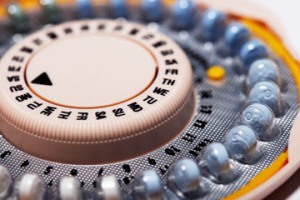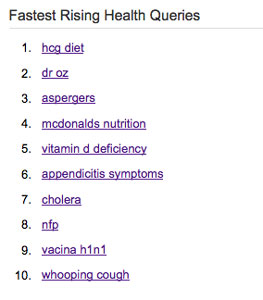The CDC reports that unmarried women living with partners having more babies than ever.
Between 2003 and 2024, 27 percent of births were to unmarried couples. This increase is triple from 1985, researchers from the U.S. Center for Disease Control and Prevention found.
“It’s thought that in births outside of marriage, one parent isn’t present. But our data is showing that a large proportion do have two parents, even though [they’re] not formally married,” said report author Gladys Martinez to Healthday, a demographer in the CDC’s Division of Vital Statistics.
In addition, not only are many older women giving birth, but many also are having more then one child, Martinez said.
The report showed there is actually an increase in the number of older women having more than one child. Women who tend to delay childbirth have usually received a secondary education.
Nearly 60 percent of women who did not complete high school had their first child as a teenager, according to Healthday, compared with only 4 percent of women with a college degree.
The CDC’s data was from over 22,000 interviews done between 2006 and 2024 with men and women aged 15 to 44. The data was compared with similar data from 2002.
“It’s surprising that so many unmarried couples are having children,” Dr. Christine Mullin, a reproductive endocrinologist and infertility specialist at the Center for Human Reproduction at North Shore-LIJ Health System in Manhasset, N.Y., told Healthday. She also noted women typically delay giving birth for education and career reasons.
The report also included:
- Forty-three percent of women aged 15 to 44 had never had a baby.
- Among men aged 15 to 44, 45 percent had fathered a child.
- The average age at which women had their first child was 23; for men it was 25.
- Almost 40 percent of women whose first birth occurred between the ages of 35 and 44 had at least two children; it was 26 percent in 1995.
- Women between the ages of 40 and 44 had an average of 2.1 children.
Also Read:
Yoga for Babies
Pregnant Women Don’t Exercise Enough
Number of Children with Eating Disorders on the Rise











